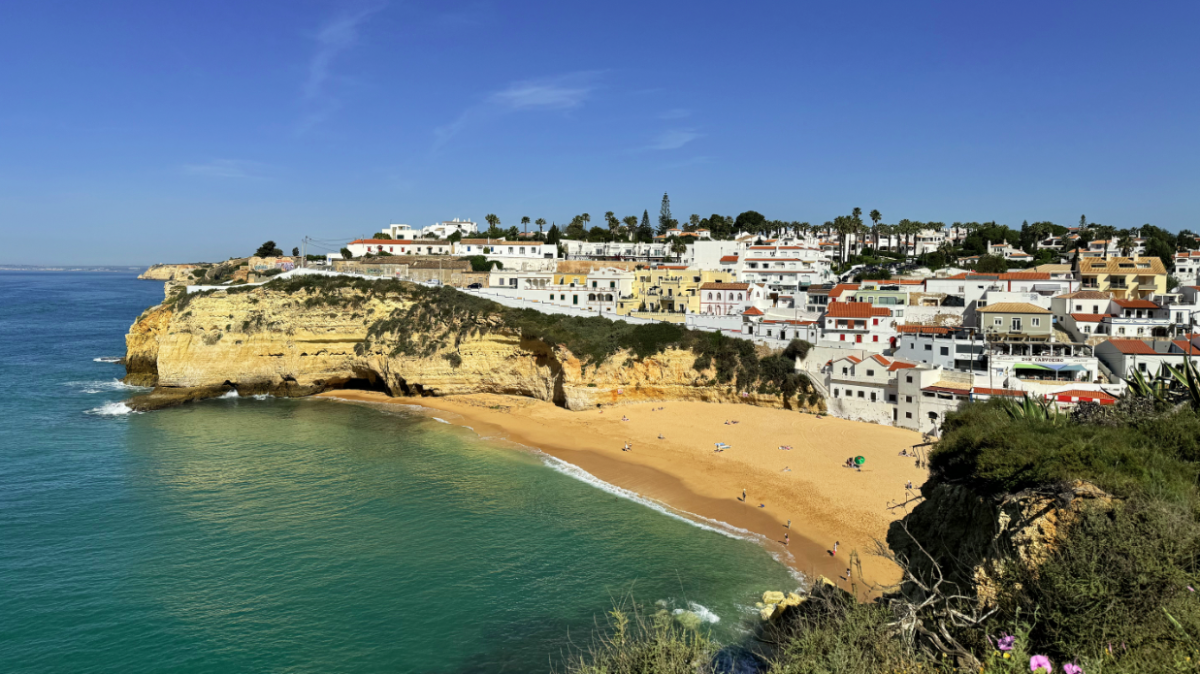“In a year when rent-a-car has a greater supply of available vehicles, the world, and especially Europe, are experiencing, in addition to the war, inflation at rates that have not been seen for several years. Pressured by inflation and rising interest rates, most families reduced some consumption habits, reductions that also affect the enjoyment of holidays, even leading many tourists to cut back on their traditional summer holidays", adds the secretary general of the Association of Industrialists Car Rental Without Driver (ARAC).
According to a report by Dinheiro Vivo, Joaquim Robalo de Almeida adds that the months of June and July recorded lower occupancy rates compared to last year, and the cooling of demand has already led companies to lower prices.
Last year, the strong recovery in tourism combined with the lack of vehicles for rent gave the business its best year ever with record revenues of 958 million euros. The scenario has changed this year and ARAC already assumes that "2023 is frankly lower in profitability compared to 2022". The average car rental period also dropped from 10 days, in July 2022, to eight days, in the same month of this year.
"After successive improvements in growth projections in 2023, the national tourist activity risks (if there is no clear improvement in August and September) a movement in the opposite direction, of a downward revision, with the second quarter falling short of expectations. Also, the data of the first month of the third quarter registered an additional cooling of the activity", adds the responsible.
Looking at the national map, Lisbon and the Algarve are the regions that recorded the biggest drops in car hire. Alongside the national market, there is still a drop in German customers. On the other hand, Porto, Madeira and the Azores have registered better occupancy rates, highlighting the growth of the North American and British market.
















A friend of mine came to the algarve for a weeks holiday didn't want to spend 600e to hire a car he decided to use uber taxis instead , not once did he wait for more than 5 minutes for a car to arrive, in total he spent 385e in that week and didn't have to worry about having a drink.
By Karl blore from Algarve on 18 Aug 2023, 08:10
Just as with other businesses in the Algarve, rental car companies leech off tourists. When tourists catch on, then the whining begins. The Algarve and its people really need to learn lessons - which they obviously haven't. What will they do when the water finally runs out, for example?
By S from Other on 19 Aug 2023, 10:32